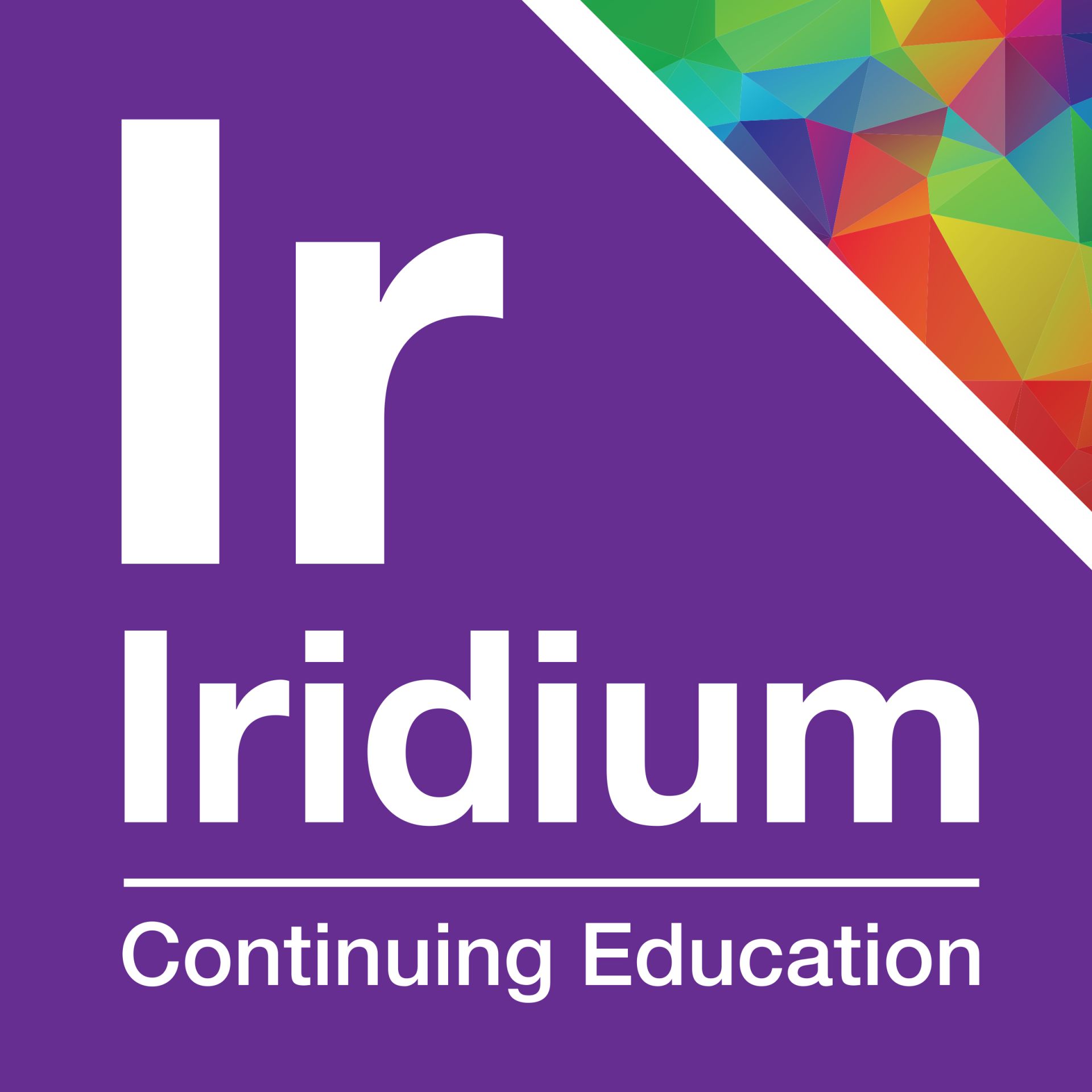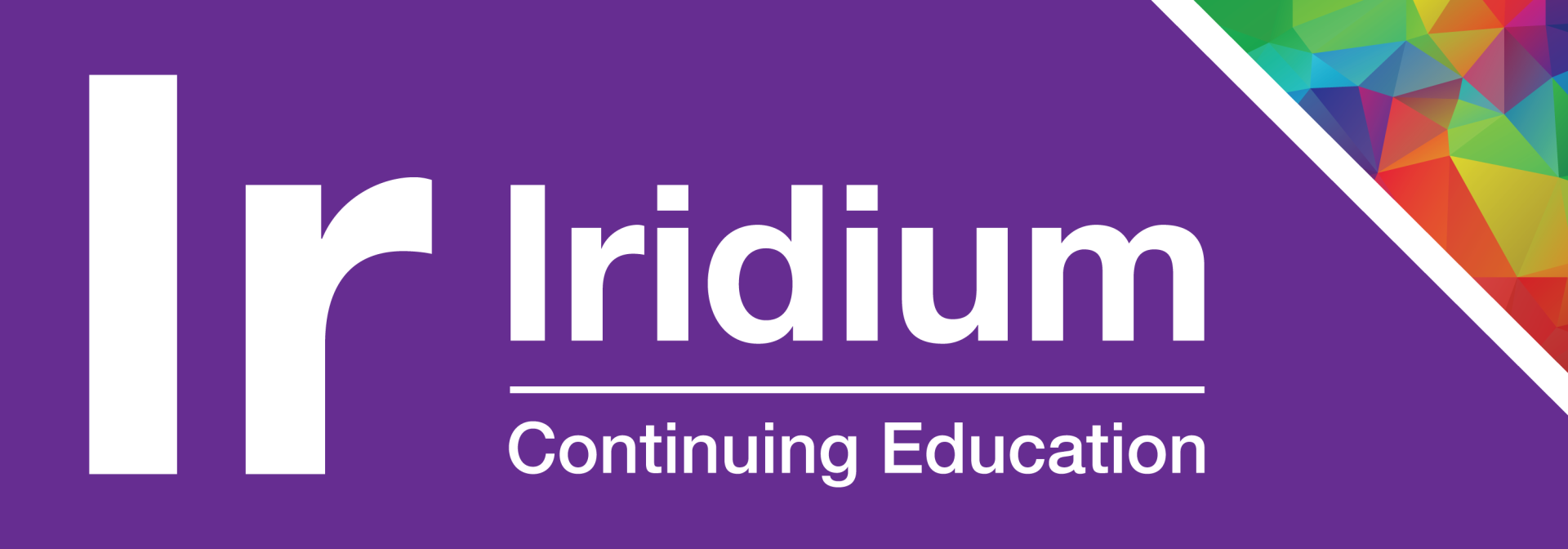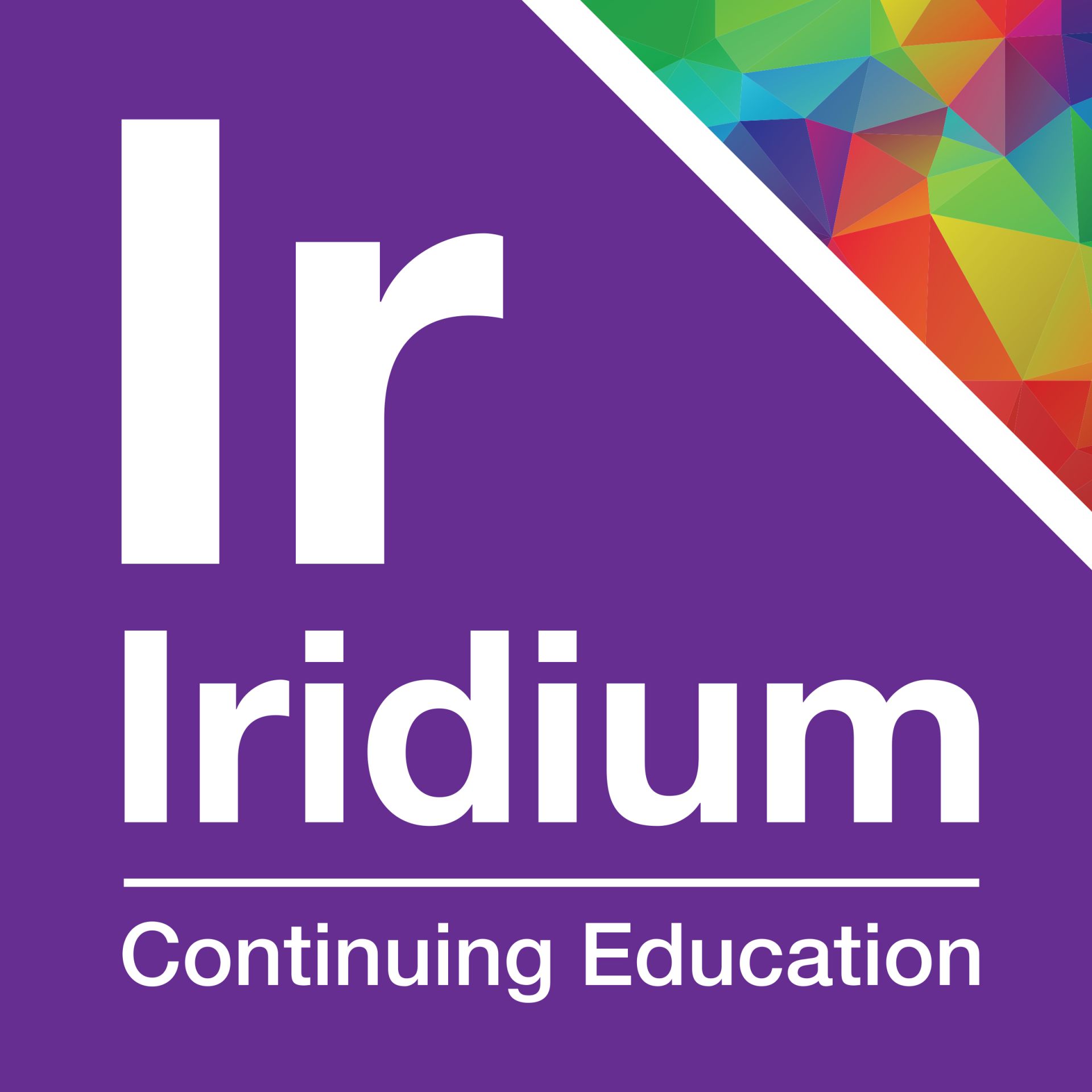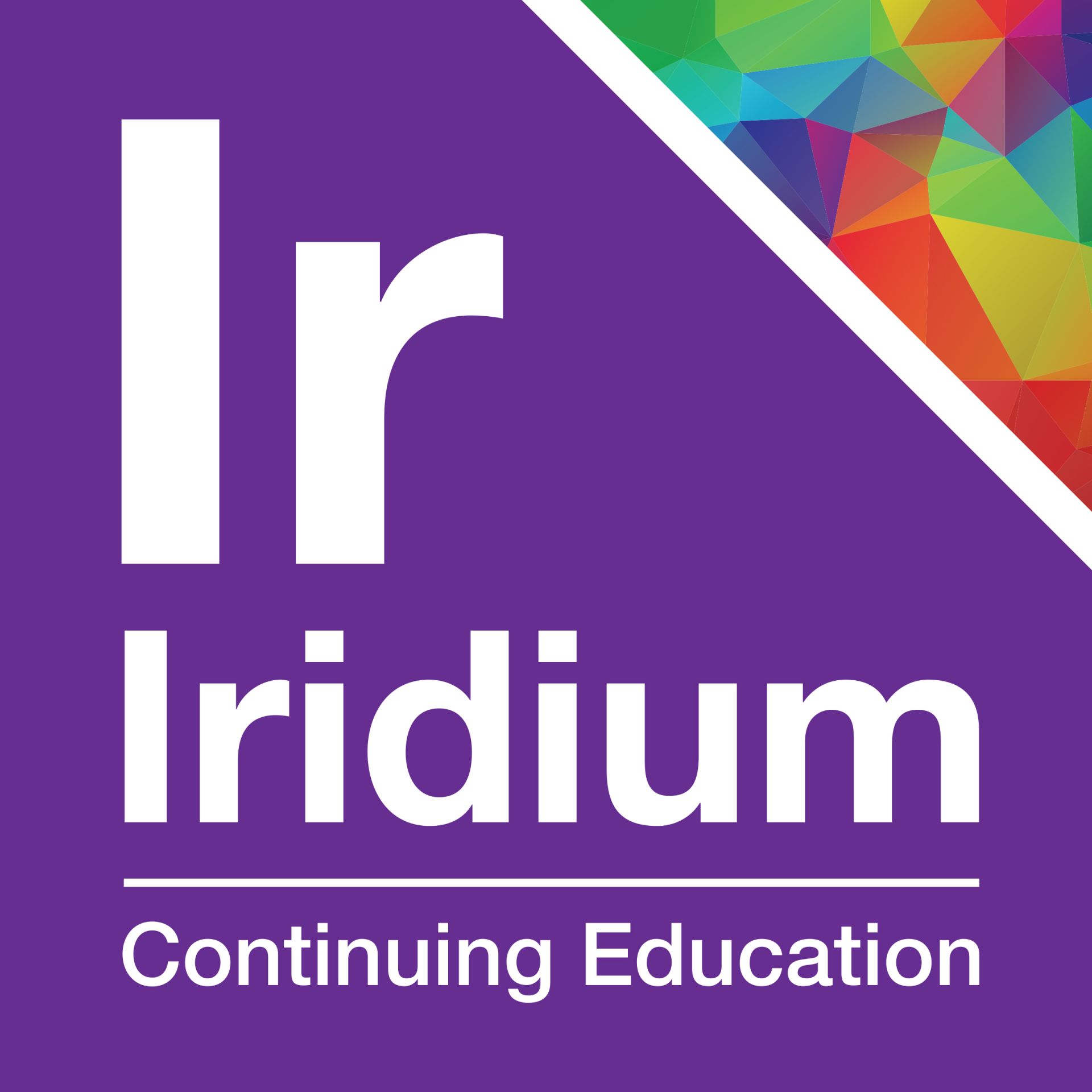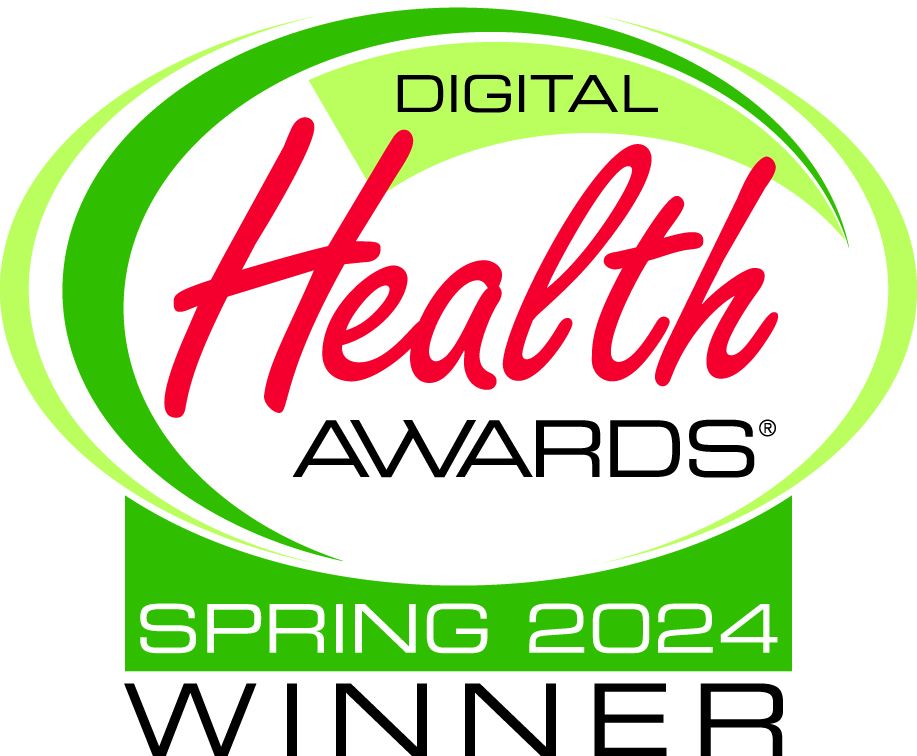Microlearning Activities
Future Directions in Pulmonary Arterial Hypertension: Novel Treatment Pathways, Evolving Treatment Paradigms, Addressing Differences in SDoH
Faculty
Nicholas Kolaitis, MD, MAS
Co-Chair
Assistant Professor
Pulmonary, Critical Care, Allergy and Sleep Medicine
University of California at San Francisco
San Francisco, CA
Sandhya Murthy, MD
Co-Chair
Associate Professor
Department of Medicine,
Advanced Heart Failure and Transplantation
Albert Einstein College of Medicine
Director, Pulmonary Hypertension Center Co-Director, Heart Failure Center in Nyack Hospital
Bronx, NY
Program Overview
Target Audience
info@iridiumce.com
